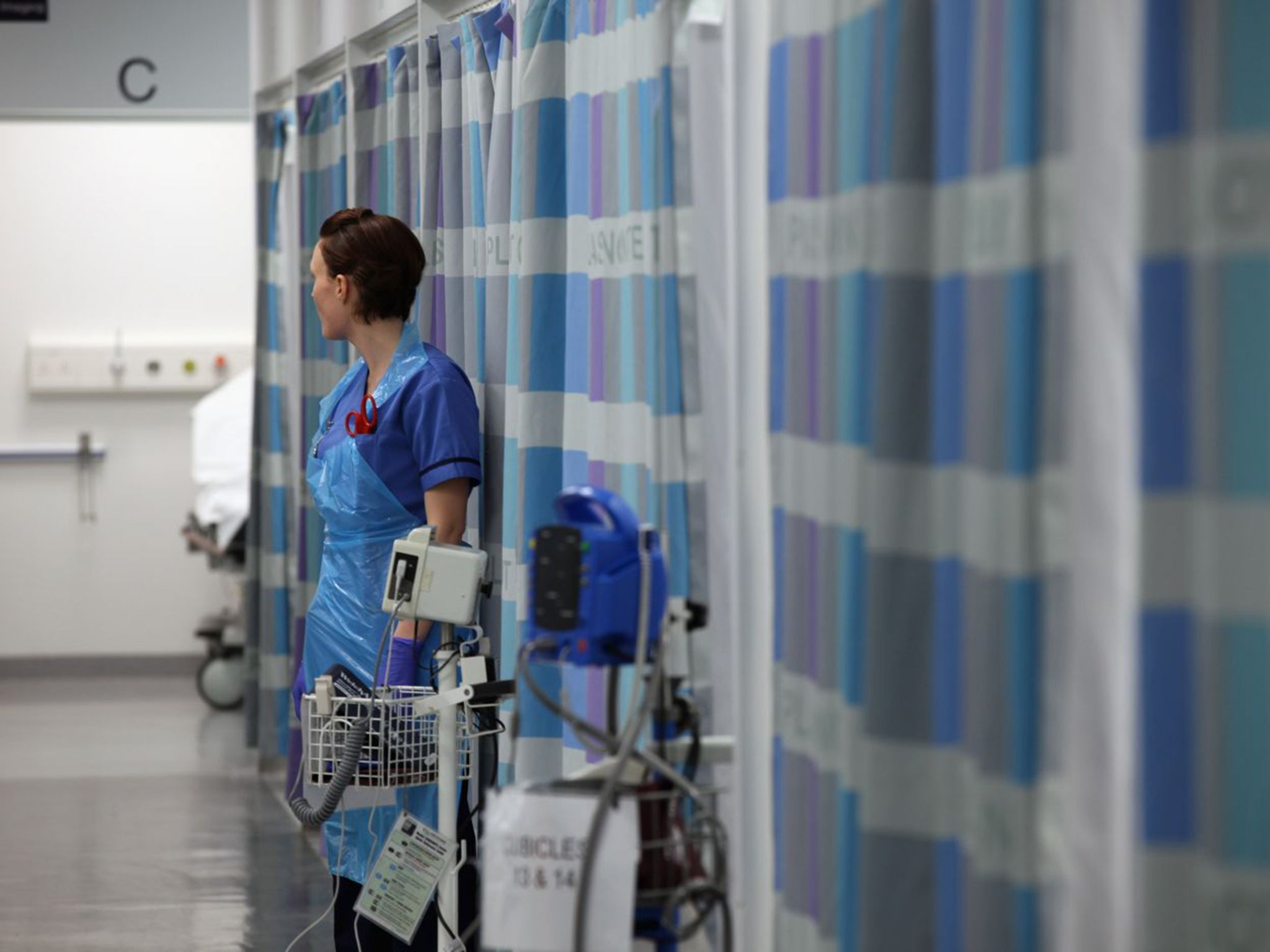Labour warns of skills gap after exodus of senior nurses from NHS
The combination of an ageing workforce and cuts to staffing are thought to be behind the falling figures

The NHS in England has lost more than a thousand matrons and 3,400 other senior nurses over the past four years, new figures have shown, leading to warnings that hospitals may be lacking “vital experience and knowledge” needed to cope with unprecedented levels of demand.
Despite continued calls to put matrons and nursing leaders at the heart of NHS care, figures obtained by the Labour Party reveal the number of senior nursing posts has dropped since 2010.
Official data from August also shows that more than 1,028 “modern matrons” overseeing care in wards and 216 community matrons co-ordinating care across different services have been lost since May 2010.
The combination of an ageing workforce and cuts to staffing are thought to be behind the falling figures. Nurses have also warned that an ongoing pay freeze and ever-increasing job stress were driving them out of the profession, and discouraging experienced professionals from coming back.
The total number of full-time equivalent nursing staff working in the NHS has been on an upward trend in recent months. But the recruitment drive has been expensive, and some hospitals have cut senior posts or not replaced retiring senior nurses to help balance the books.
The Royal College of Nursing (RCN) has expressed “deep concern” that the loss of more experienced staff risks opening up “a skills gap” at a time when hospitals are coping with more emergency admissions than ever before, and winter pressures are stretching bed capacity to the limit.
In the last week of November, 110,601 people in England were admitted to hospital in an emergency – the highest ever number for a single week, and the third week in a row the record has been broken.
Dr Peter Carter, chief executive and general secretary of the RCN, said: “Cutting senior nursing posts means that the NHS has lost vital experience and knowledge at a time when it needs it more than ever. While recent investment means that there are new, lower-grade nurses coming into the profession, there’s a major risk of creating a skills gap that won’t be filled overnight.”
The concerns come three years after David Cameron, highlighted the importance of matrons and nursing leaders and called for more figures “of authority” on wards. Since then, the Government and Health Education England have launched a campaign to get experienced nurses who have left the profession to come back and have invested £40m in leadership training to a create a new generation of nursing leaders.
However, Dr Carter said that years of public sector pay restraint coupled with growing workloads mean many nurses “may no longer see the health service as offering an attractive career”.
Nurses and other NHS workers were denied an across-the-board 1 per cent pay rise this year, after the Government decided to ignore the advice of its independent Pay Review Body, leading to a wave of strike action in the health service.
Labour’s shadow Health Secretary Andy Burnham said the nursing losses risked “threatening standards of care.” He added: “Half of nurses now say their ward is dangerously understaffed as hospitals haemorrhage experienced nurses in a crude attempt to save money.”
A health minister, Dr Dan Poulter, said that the Government had prioritised the NHS front line, and removed 21,000 administrators to pay for 13,000 more clinical staff. “In doing so [we have ensured] the NHS meets rising demand for patient care,” he said.
Join our commenting forum
Join thought-provoking conversations, follow other Independent readers and see their replies
Comments